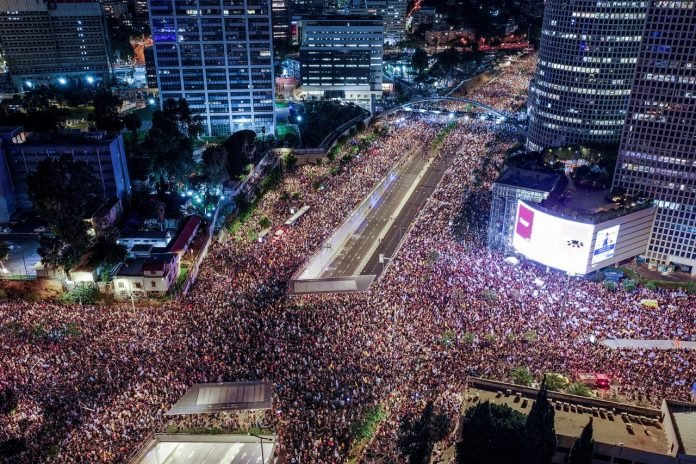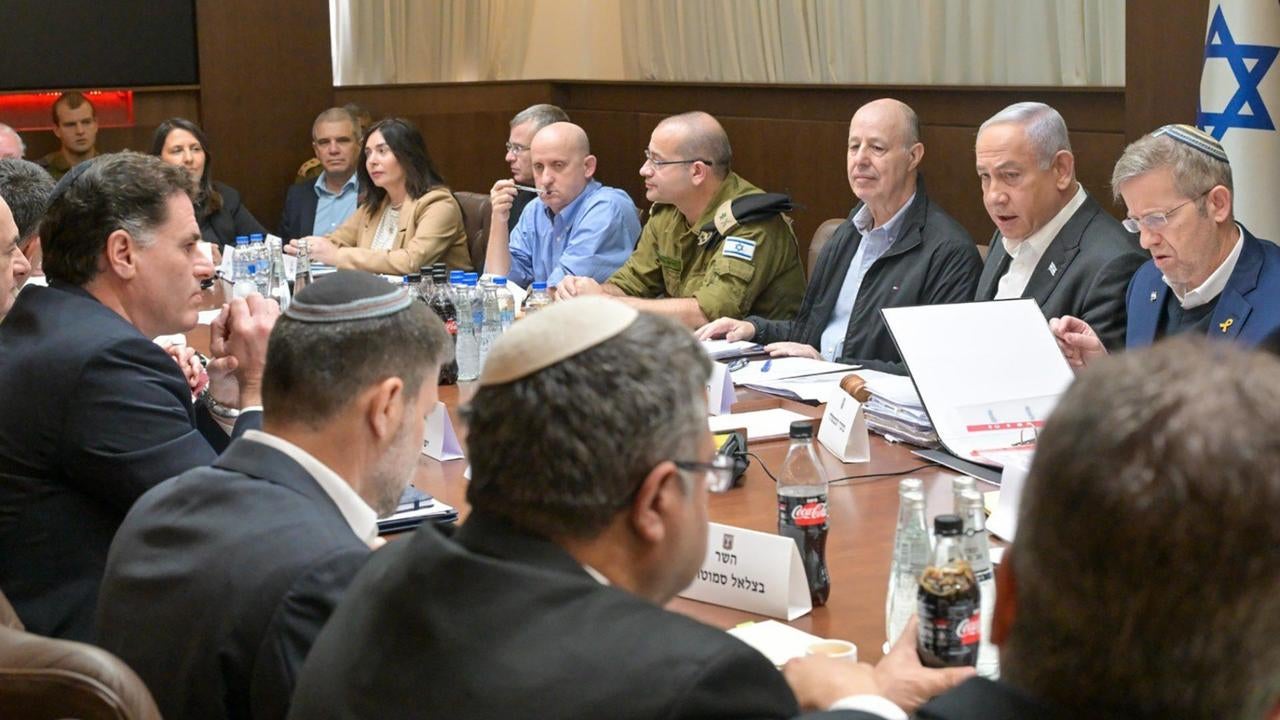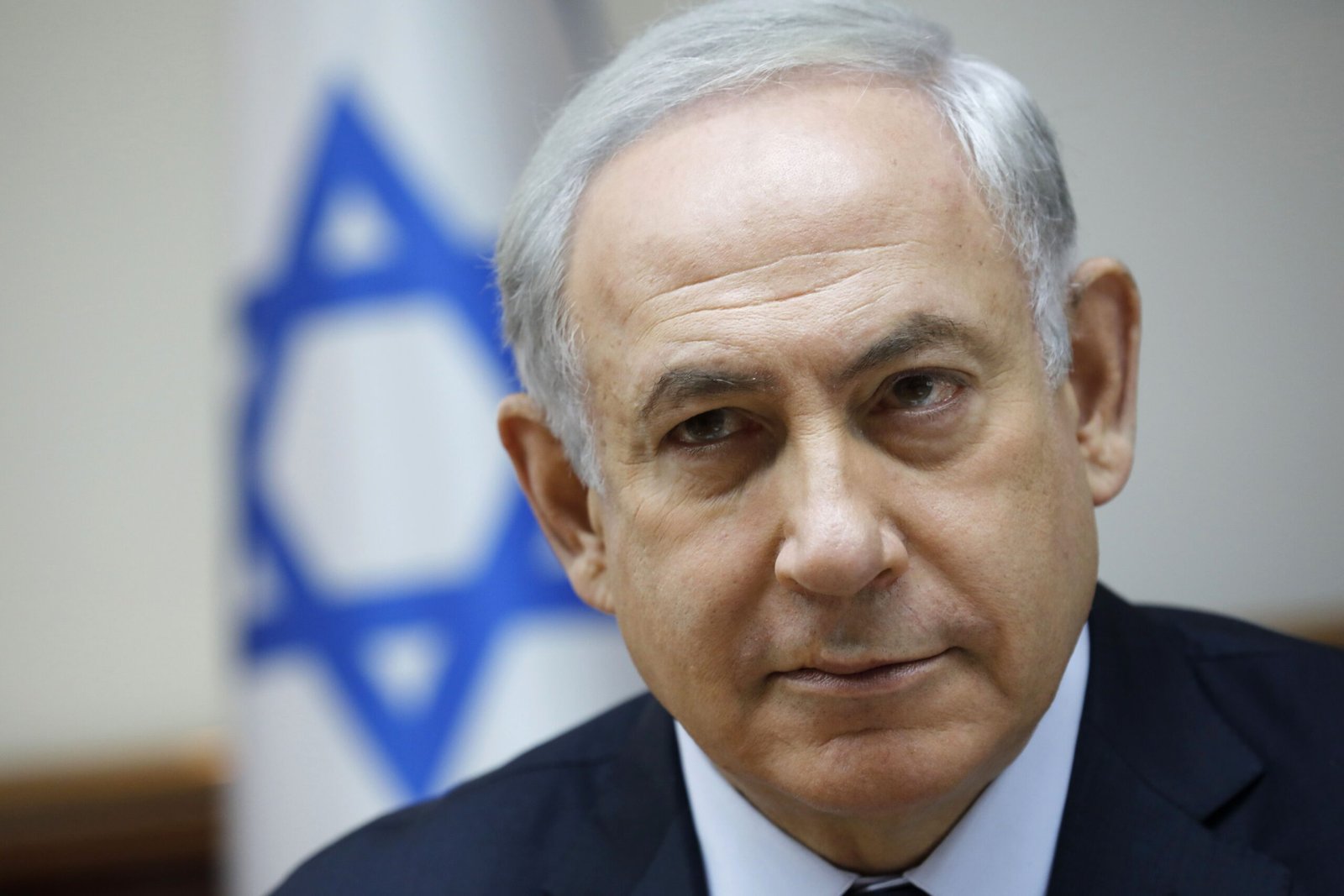A nationwide strike is unfolding across Israel today as public anger mounts over the deaths of six hostages killed by Hamas in Gaza on Saturday.
The bodies of six hostages were recovered in an underground tunnel in Gaza, Israel’s military said Sunday. The captives, including an Israeli American, were among the more than 200 people taken by the militants into Gaza following their deadly cross-border rampage on October 7 last year.
The worker’s strike, organized by Israel’s largest labor union, Histadrut, is a response to Prime Minister Benjamin Netanyahu’s handling of the hostage crisis and the failure to secure the release of the hostages alive.
Israel On The Edge
The strike, described by Histadrut as one that could “shut down the entire Israeli economy,” has already seen widespread participation from various sectors. Municipalities, including Tel Aviv and Haifa, have joined in with several government ministries, parts of the Prime Minister’s Office, and the Interior Ministry.
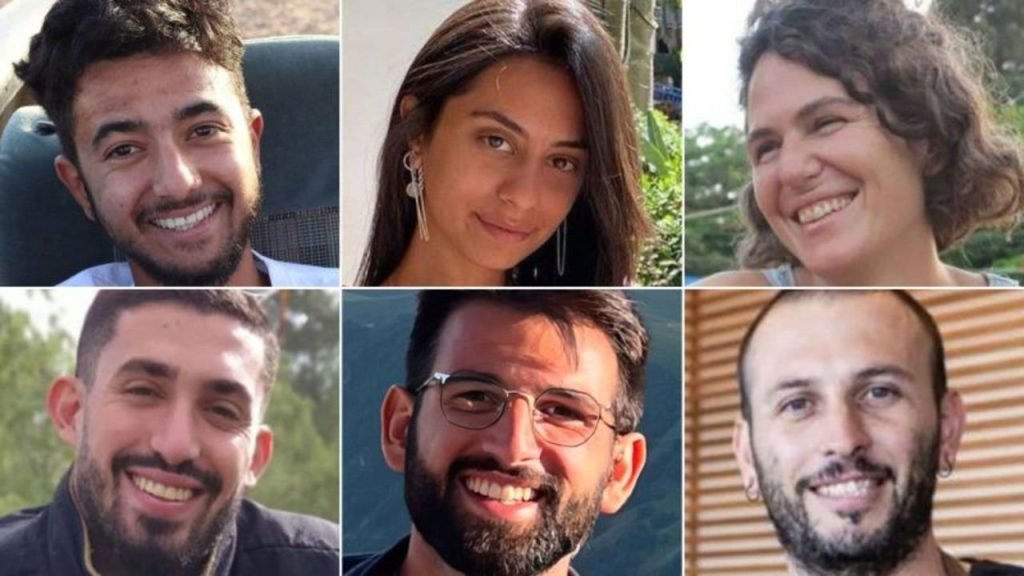
Even Tel Aviv’s Ben Gurion International Airport suspended all two-hour flight operations starting at 8.00 am, disrupting travel across the country.
Hospitals and healthcare centers operate on a weekend schedule, limiting services to emergency cases only. While Israel’s teachers’ union has opted not to participate, the lack of school support staff means that many kindergarten schools will be closed, and elementary and middle schools operate on a limited schedule.
Israel’s leading universities, including the Hebrew University of Jerusalem and Tel Aviv University, joined the strike. However, fire and rescue services and special education programs are unaffected and will continue their operations as usual.
Protests and Public Outcry
Simultaneously, protests erupted across the country. In Tel Aviv, demonstrators blocked major thoroughfares, chanting the names of the six dead hostages. People are directing their fury not only at Hamas but also at Netanyahu, accusing him of failing to prioritize the lives of the hostages.
A senior Hamas official, Khalil Al-Hayya, blamed Israeli Netanyahu for the deaths of the six Israeli hostages held by the group.
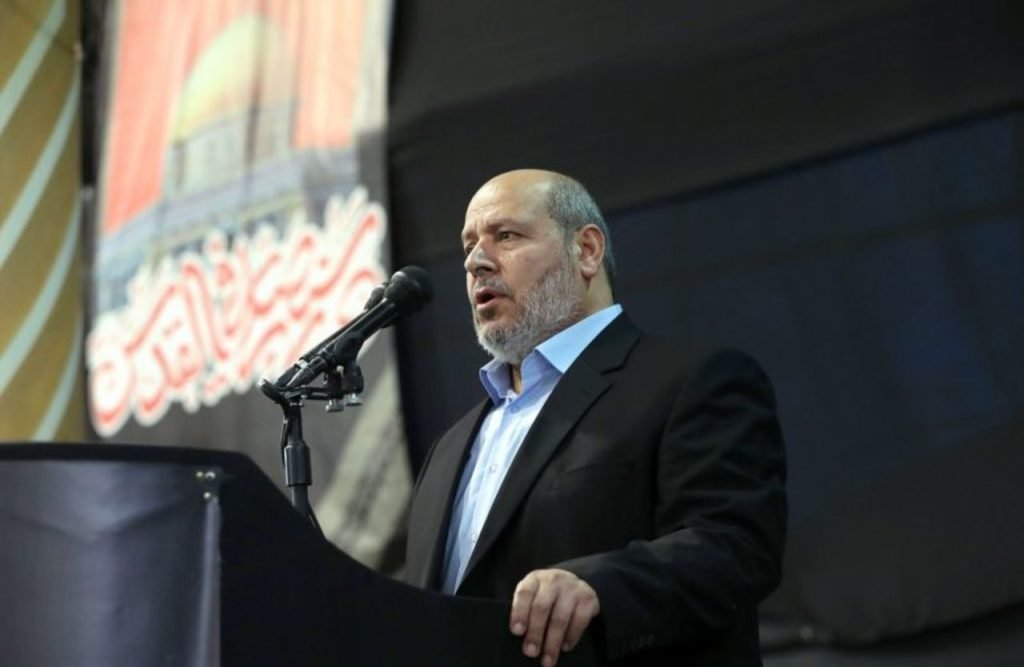
“These individuals and others could have been released to their families in a real exchange deal while they were still alive,” Al-Hayya said. “Netanyahu and his extremist government are the reason they lost their lives.”
The largest demonstration in Tel Aviv has been described by organizers as an “endless sea of protesters,” with thousands gathering in solidarity with the hostages’ families on Sunday.
Similar scenes unfold in cities like Be’er Sheva and Ra’anana, where protests have drawn thousands. In some areas, tensions escalated, with reports of police using pepper spray to disperse crowds.
Government Worried
The Israeli cabinet office is watching these developments with trepidation. Finance Minister, Bezalel Smotrich requested urgent court injunctions to prevent it, and a hearing is scheduled for later today, Monday. The Ministry of Finance has warned workers participating in the strike they risk losing their wages, citing basic labor laws that do not guarantee pay for those absent from work.
Under intense scrutiny, Netanyahu has faced criticism from the public and even within his own cabinet. Defense Minister, Yoav Gallant openly disagreed with Netanyahu’s stance on maintaining control over the Philadelphi Corridor, which is a key sticking point in the ceasefire and hostage negotiations. Gallant’s warning that prioritizing the corridor over reaching a deal is “a moral disgrace” has only fueled the growing dissent.
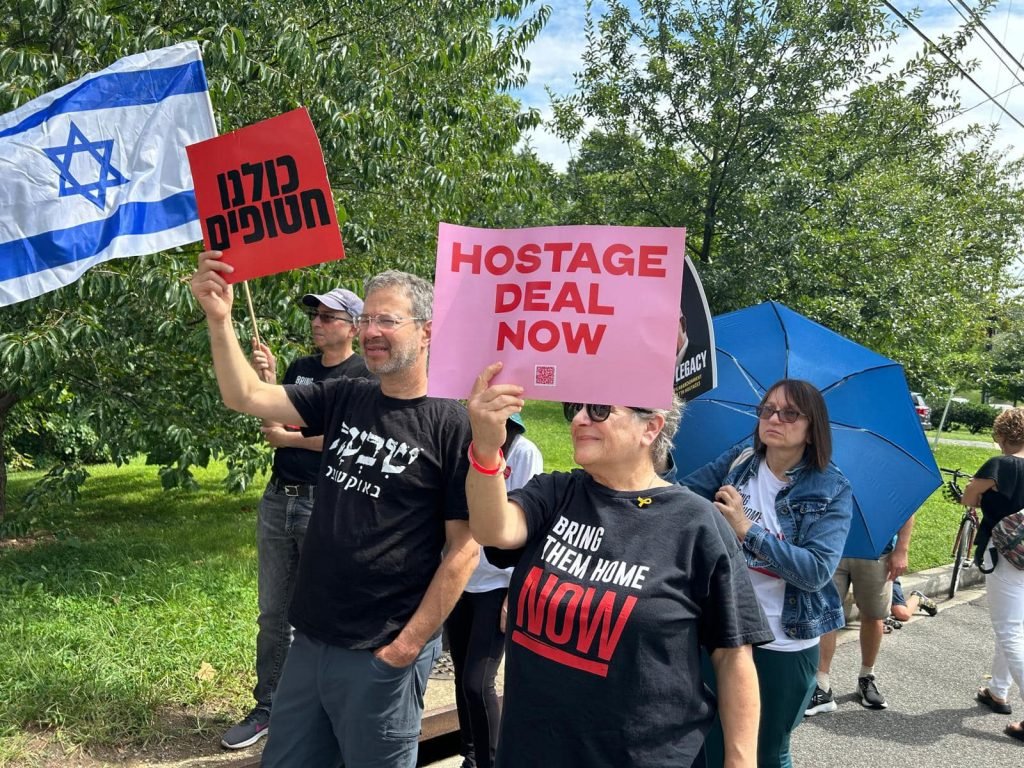
On the streets, one protester told a Western journalist she was there to show support for her cousin, whose body was one of those repatriated by the Israel Defense Forces overnight from the Hamas tunnel.
“This girl is my friend’s daughter,” Yael said, holding Carmel Gat’s photo, with tears in her eyes. “I’m here every week; I wanted to show her father and other parents that we are here for them. And on the other side, we’re furious at the government. What they’ve been doing is unforgivable.”
When asked if she thinks this protest will bring about a change, she admitted she’s not very hopeful. “I think that the fact that this hasn’t brought any change so far shows how oblivious our leaders are,” she said.
“Bibi is looking to keep his chair; everything he does is merely for the sake of holding on to his power,” she said, using a popular nickname for Netanyahu. “I believe he’s frightened, even though he has zero emotion or empathy. He neglected them,” she said.
International Pressure Mounts
The strike comes amid ongoing international efforts to broker a ceasefire and secure the release of hostages that are still held in Gaza. U.S. President Joe Biden and Vice President Kamala Harris are said to be closely monitoring the situation, with American officials expressing frustration over Netanyahu’s perceived resistance to reaching an agreement.
The White House has reiterated its commitment to working “around the clock” to secure a deal.
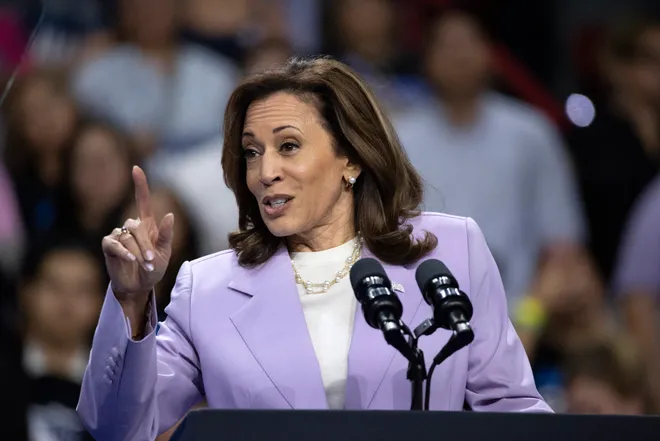
As the day progresses, all eyes are on Israel, where the strike and protests are expected to intensify. The Hostages and Missing Families Forum – a political pressure group, has called for the country to be brought to a “halt” until the government takes decisive action to ensure the safe return of the remaining hostages.
Israel faces a critical juncture as the nationwide strike and public protests show widespread dissatisfaction with the way Netanyahu’s government is handling the hostage situation. As pressure mounts domestically and internationally, the coming days will be critical in determining the outcome of the hostage negotiations and if the war is escalating or if there is a path to peace.
Comment, Like 👍, share this article, and Follow us on our social media handles.



